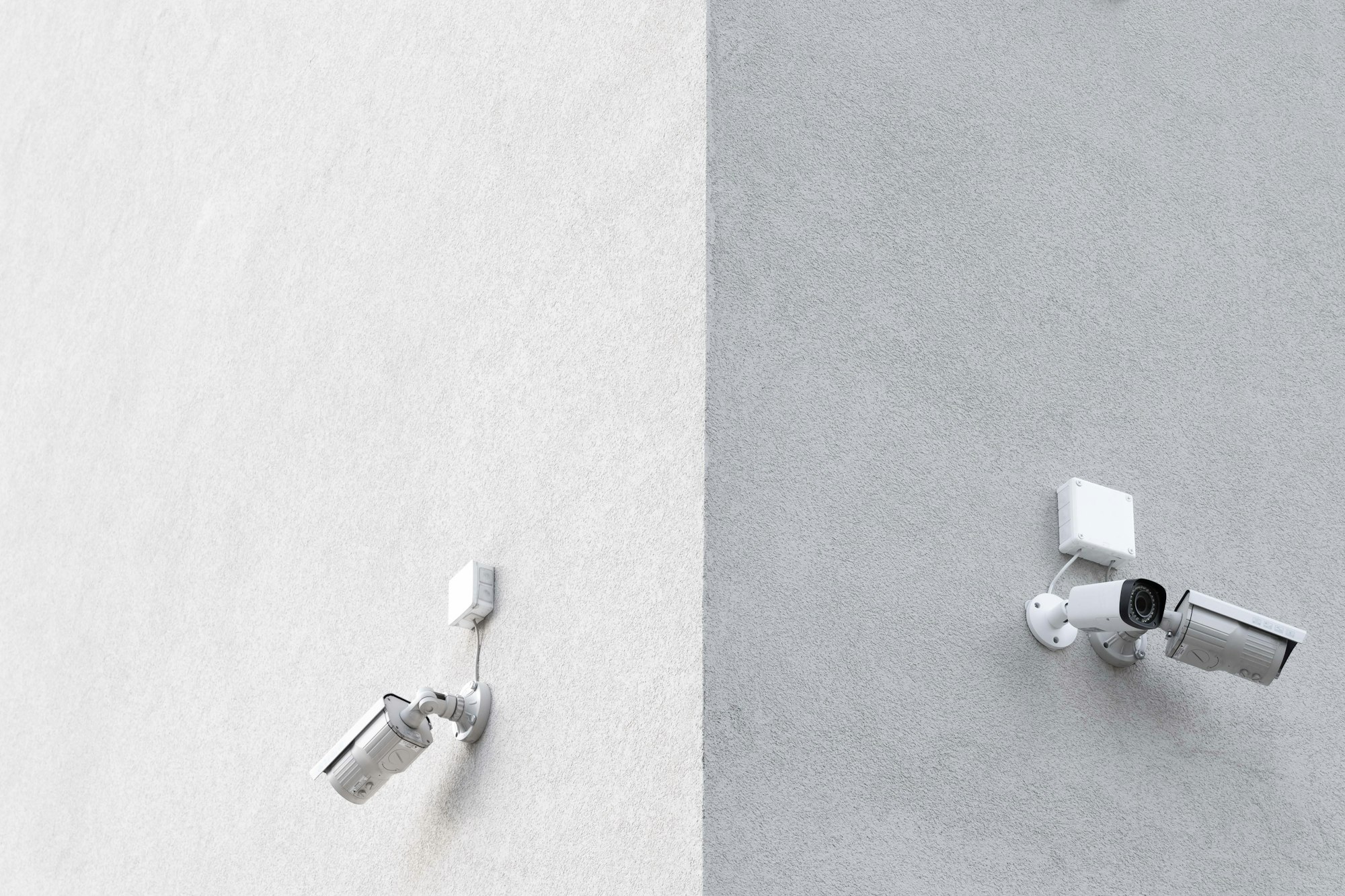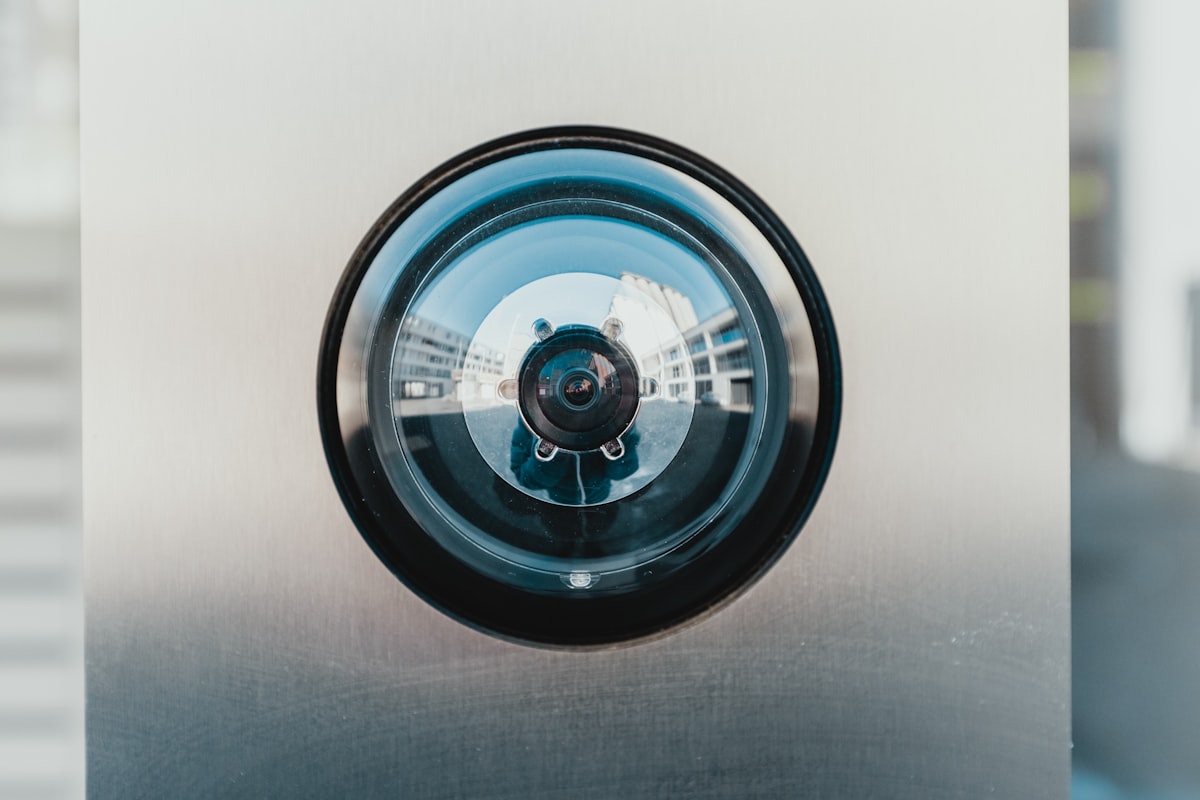Including cameras, CCTV, intrusion systems, access control, surveillance, facial recognition, license plate readers, and biometrics, government agencies are purchasing an assortment of devices for monitoring and collecting data on the citizenry.
Back in 2016, we looked at public sector purchasing activity for surveillance instruments and know-how. In that analysis, we identified 2,435 requests over the previous twelve months. As we evaluate the past year, we see a marked increase in the number of requests, and variety of technologies being acquired. For bids alone, with “surveillance” in the title, there have been 853. “Access Control” is not far behind, with 670 requests. There were 470 requests for “CCTV”, over the same time period.
You get the idea that, despite any complaints, concerns, or criticisms, many federal, state, and local agencies are full steam ahead when it comes to surveillance apparatus. Along with the massive explosion in home and business surveillance, your local government agency is heavily involved in growing the industry.
The Sides

Does the prospect of the public sector soliciting for and implementing these and other forms of surveillance make you feel safer or threatened? Similar to most sensitive topics, the responses to this question vary widely and wildly. On one side, people argue that surveillance practices increases safety and security, while others disagree, saying these methods are an invasion of privacy.
For those who argue for the use of surveillance solutions, they point to added security and safety. Law enforcement is provided with additional tools for crime and vandalism prevention, the evidence gained from surveillance can help to quickly solve and prosecute crimes.
As seen above, access control is one area where we have seen a rise in procurement activity. While we think of access control, as the name suggests, in serving as methods for managing access and entry, they also serve as additional mechanisms for security and surveillance.
CCTV (closed circuit television) has been around for ages and continues to be one of the more common forms of surveillance. If you look around your town or city, it likely will not take you long to identify some variation of CCTV in use. Law enforcement, and other agencies, use CCTV to monitor and record the activity of people. For those with criminal intent, it means their actions can be used as evidence in criminal proceedings.
Not everyone believes that surveillance is a net positive. The American Civil Liberties Union has weighed in, “Numerous government agencies—including the National Security Agency, the Federal Bureau of Investigation, the Department of Homeland Security, and state and local law enforcement agencies—intrude upon the private communications of innocent citizens, amass vast databases of who we call and when, and catalog “suspicious activities” based on the vaguest standards.”
According to their website, the ACLU is pushing back against this rising tide of surveillance through litigation, Freedom of Information Act requests, advocacy for meaningful oversight, and campaigns to raise public awareness about unlawful and discriminatory government surveillance.”
In a Jul 18, 2017, article by Matthew Guariglia, published in the Washington Post, he suggested that too much evidence is a bad thing. In the conclusion to his report, Guariglia writes, “Since effective data analysis will always take time and energy, the solution today — as it could have been in 1890 or 1920 — is not to create a more technologically savvy means of combing through information, but to be far more selective in which data to collect. Doing so will not only protect Americans’ right to privacy, but also their lives.” Read, ‘Too much surveillance makes us less free. It also makes us less safe.’
Foreign Intelligence Surveillance Act (FISA). Is there such a thing as the government being allowed to carry out warrant-free searches on Americans? Here is the result of the renewal of FISA section 702, as published in Congress.gov: H.R.4478 – FISA Amendments Reauthorization Act of 2017.

Included in President Trump’s statement, upon signing the provisions into law, he said, “This intelligence is vital to keeping the Nation safe. As shown by the recent attacks in New York City and elsewhere around the globe, we face a constant threat from foreign terrorist networks and other foreign actors who would do us harm. In order to detect and prevent attacks before they happen, we must be able to intercept the communications of foreign targets who are reasonably believed to possess foreign intelligence information. Section 702 provides the necessary authority, and it has proven to be among the Nation’s most effective foreign intelligence tools. It has enabled our Intelligence Community to disrupt numerous plots against our citizens at home and our warfighters abroad, and it has unquestionably saved American lives. The Act I have signed today preserves and extends this critically important national security tool."
He also suggested, within the full statement "Section 702 provides robust privacy protections for American citizens, and most importantly prohibits the Government from using it to target Americans and persons located in the United States.”
At this moment, there are hundreds of active bids / RFPs for surveillance-related solutions and services. Within BidPrime’s database, you will see solicitations from federal, state and local agencies, across the board. A sampling:
ACTIVE RELATED BIDS/RFPs
Surveillance
It is not just random consumers, nor business owners, influencing the upward trend in surveillance. Less than a year ago, in their analysis, Security Sales & Integration noted in, Global Video Surveillance Equipment Growth Surged in 2017 that IHS Markit was reporting, “... contributes the growth to increased government spending on equipment to fight crime and terrorism, as well as private sector spending on replacing equipment in retail and commercial installations.”
The Question
As government spending on surveillance continues, where do you stand on the topic?
To see more about surveillance-type bids / RFPs, and to view the associated bid documents, call us at 888.808.5356 or visit BidPrime.

